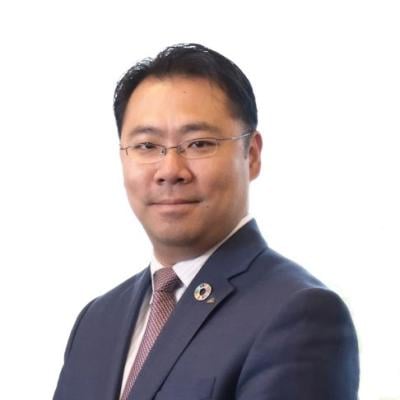Eisai has plowed through the debate surrounding the accelerated approval pathway to fully deliver its latest Biogen-partnered Alzheimer’s disease med, lecanemab, to the FDA for an early regulatory nod.
The Japanese pharma officially wrapped up its biologics license application for the anti-amyloid beta monoclonal antibody, which will be a follow-up to Aduhelm. Eisai is working with Biogen on the new med, but it will lead the regulatory process this time around. Biogen led the charge with Aduhelm.
Eisai requested a priority review from the FDA, which, if granted, would deliver a response from the FDA within six months instead of the usual 10. Lecanemab, which Biogen has pushed into center stage as the pillar of its Alzheimer’s program, previously won breakthrough and fast-track tags from the FDA.
The companies are seeking an accelerated review for lecanemab despite some regulatory complications that need to be worked through—and despite a potentially skeptical public that watched the Aduhelm drama unfold after its approval under the pathway in June 2021.
Then, Eisai hopes to use a phase 3 readout to build a case for full lecanemab approval—as fast as possible, according to Ivan Cheung, the company's chairman and global president of the neurology business group.
“Gaining credibility and trust from the public is critically important,” Cheung said in an interview with Fierce Biotech. He expects the full approval to be submitted by the end of Eisai’s current fiscal year in March 2023.

Just last week, Biogen said most of the commercial infrastructure supporting Aduhelm will be dissolved to save money, a sign that it's sidelining the drug. The move came a few weeks after the Centers for Medicare & Medicaid Services (CMS) finalized its decision to limit coverage to clinical trial patients. The ruling left a door open for coverage of future monoclonal antibodies for Alzheimer’s, provided they achieve a full FDA approval.
Eisai and Biogen are hoping to do better this time around with lecanemab—but the CMS coverage determination will indeed apply to the therapy as long as it’s under accelerated approval.
Drugs can be approved for sale and use under this pathway based on biomarker evidence that suggests an improvement over existing therapies, but companies are required to conduct a phase 4 confirmatory trial within a certain window of time to prove clinical efficacy.
The difference with lecanemab is that Eisai and Biogen already have a crucial phase 3 trial underway, called Clarity AD, and the FDA has agreed it be used as that confirmatory study. Eisai believes lecanemab would spend only a short time with an accelerated approval. And really, the process is no different this time around, Cheung said, except, perhaps, for the weight of public scrutiny given the Aduhelm drama.
He likened this process to Eisai’s work with Lenvima, which received an accelerated approval for endometrial cancer in combination with Merck’s Keytruda in 2019. In July 2021, the company announced the combo had won full approval, thanks to results from a phase 3 trial that showed the treatment cut the risk of death by 38% over chemotherapy.
“This case is no different. In this case we’re doing better,” Cheung said of lecanemab. The Clarity study is slated to read out this fall, which—if positive—could provide the basis for a full approval. “It doesn't get better than that.”
With an accelerated approval, Cheung said the FDA has already reviewed a ton of data important to confirming a drug's safety, such as chemistry, manufacturing and controls information.
Cheung is aware of the public pressure to present the efficacy data and asserted that Eisai and Biogen are “respecting” the accelerated approval pathway.
“We fully understand that the public wants to know, and the FDA, of course, wants to know the confirmatory trial results,” he said. “We are taking every step, every measure to make that happen.”
Eisai has had plenty to say about whether CMS' coverage determination was right or wrong—hint: it believes it was wrong—but Cheung said the companies have to take the ruling “at face value” now.
“We respect that whether we agree or not,” Cheung said.
He even believes that Eisai is in a better position than competitors Eli Lilly, which is still seeking accelerated approval for donanemab, and Roche’s Genentech, which does not plan to use the pathway for gantenerumab. Genentech plans to wait until the phase 3 Graduate studies are completed, which is expected in the fourth quarter, before seeking a standard approval.
Once the Clarity data are in hand, Eisai will get them to CMS as fast as possible as it works with the FDA on flipping from accelerated to full approval, Cheung said.
“There's really nothing new that the FDA needs to do. The pathway is there,” Cheung said. “But at Eisai, our ultimate goal is to achieve full, traditional approval as fast as possible.”